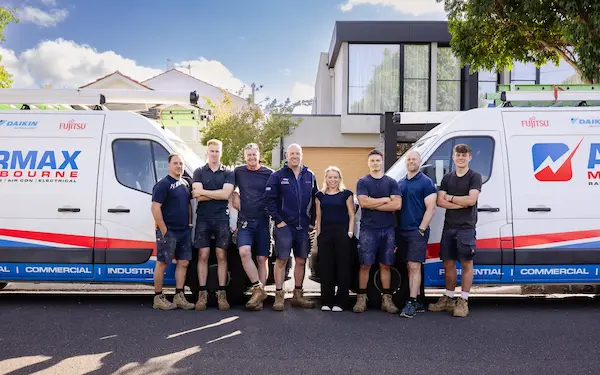1. Set your goal
Without setting goals you’re setting up yourself for failure. Too often we hear “let’s see how it goes” when people should be setting realistic goals each month.
You could set your goal around an amount of clicks or conversions then, measure, track and refine each month.
2. Focus on the good keywords
80% of the accounts we’ve helped with have never looked at which keywords are working. Quite often the previous marketing company or owner were only looking at the amount of clicks.
What you need to set up and track is emails sent and the amount of phone calls via keywords.
Even more common are accounts that aren’t tracking their Ad and landing page scores. You need to perfecting these as it will lower your costs and increase your sales.
3. Remove the bad keywords
After a few months you should have an idea of which keywords are converting into sales and the ones that aren’t.
The keywords that aren’t and are getting lots of clicks, remove asap! They are costing you $$$ and not turning into sales.
Even removing keywords with low or no clicks can help, as this can focus your campaign and give you an added boost.
4. You need a negative keyword list
Include things like cheap, job, free…
This isn’t specific to your business, but in general will cut out the dud clicks and save you money.
5. Test and repeat
Trial different bid amounts.
Trial different keyword types.
Phrase match in most cases is best, but broad modified and exact match can have give a good return of investment.
6. Write bloody good Ads
Stand out from the crowd!
Are you a family business? Do you provide free quotes? What’s your point of difference as a business?
See what your competition is doing and do it better!
7. Extensions
General rule of thumb…the more the better!
Specifically, adding extensions for your mobile site will make your Ad taller and push your competitior who is potentially spot 2, down further.
They also help with conversions and help your customers get to the information they want quicker.
8. Make landing pages
Link your Ads to specific pages about that keyword.
Nothing is worse than taking your customer to an unrelated page and they hit back because it doesn’t relate to what they want.
No!!!!
That’s a horrible signal to send to Mr Google.
You want the best experience for your customer so if they search “Google Ads help Melbourne” take them to a page about helping them set up or improve their Adwords, not how to build a website.
9. Money
Budget. Budget. Budget.
All too often businesses get caught up in the cost and not what it’s returning into the business.
That’s a bad thing as the business owner has no idea if Google Ads is paying for itself.
However, most of the time it is and it’s trippling, or more, what they are spending. Most business owners only sees the $$$ and start to cut down their spend which lets their competition in. That can lead to the competition getting “sticky” so when you come back with your original spend you’re now getting less for your money. As more and more comeptition comes along your cost per click will go up and the return of investment or ROI will go down.
When something is working and you have a healthy ROI it’s best to stand your ground and improvise, revise and improve.
Questions and Answers
Q: How do I view my scores?
A: In Google Ads, click the keyword link on the left, which is under landing pages link.
Look to the far right and click the 3 bar graph with the wording “columns” under it.
Search for Quality Score and tick the box.
Now search for the “Landing page exp”.
You should now be able to see columns with the data present.
Review these if they’re low and try different ideas to improve them.
It might be worth trying new Ads, or re-writing your landing page text.
Leave it a few weeks, or ideally a month, and review to see if it’s improved or gone backwards.
Write down and track your scores.
Just for Fun










